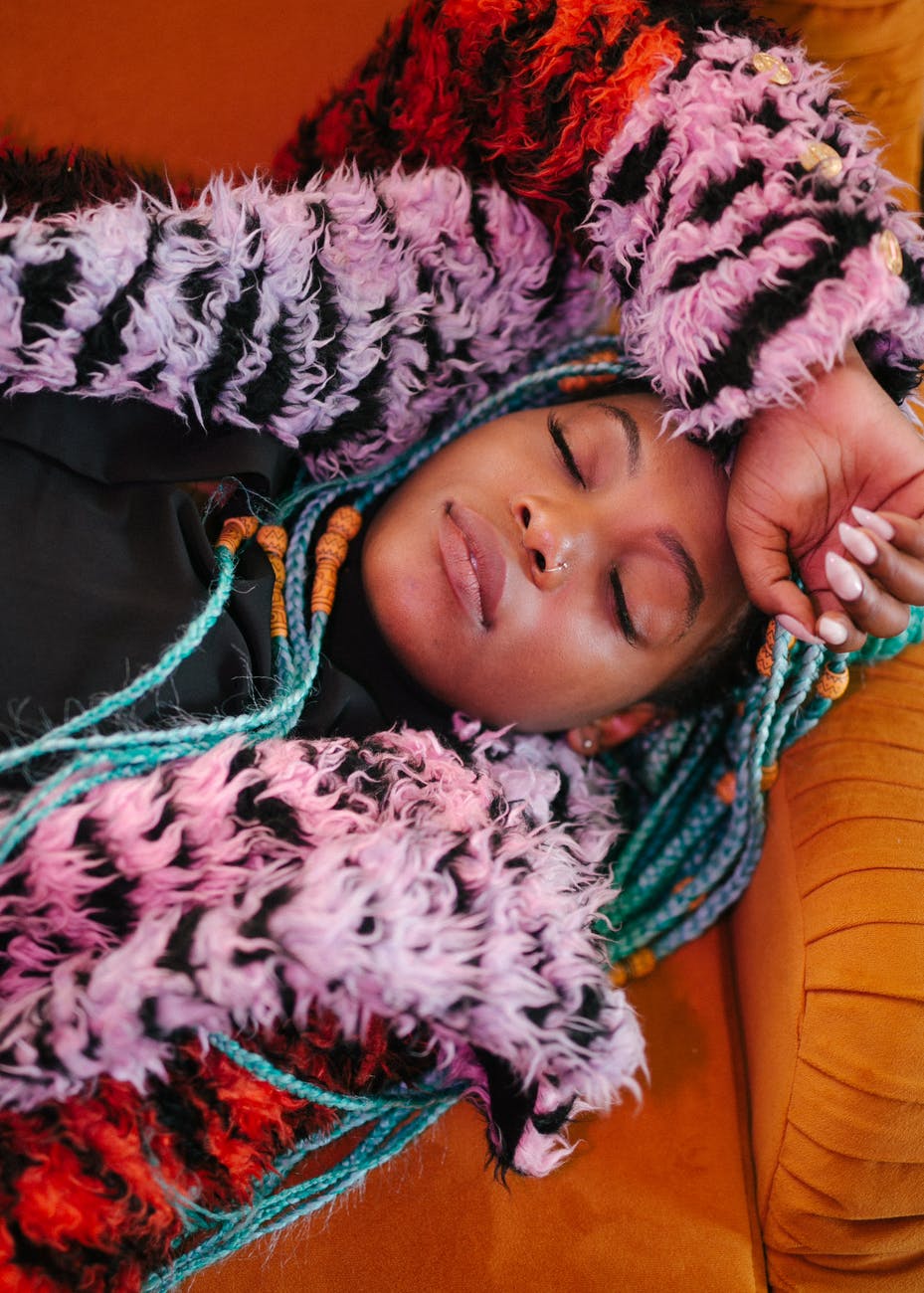By Hunter Kessous
In response to the COVID-19 pandemic, Hidden Scars and Magool have teamed up to offer biweekly webinars that amplify the voices of the grassroots organizations working to protect girls and women at this time. On June 9th, the third installment of the Africa Led Movement series addressed the effect of the pandemic on gender-based violence (GBV) in Nigeria, including female genital cutting (FGC).
Co-hosts Bethel Tadesse of Hidden Scars and Leyla Hussein of Magool led with discussion questions. The three speakers were overflowing with passion and knowledge. It seemed to me they often found it difficult to focus their response on the specific question they were asked, as there was clearly an overwhelming amount of information they wanted to share. The fervent speakers included Clare Henshaw, Girls Inspired Africa and i-Safe Consulting; Hassana Umoru Maina, The ABCs of Sexual Violence Campaign; and Kolawole Olatosimi, Child and Youth Protection Foundation.
One thing I learned in this webinar is that only in the West is FGC discussed as a separate issue from gender-based violence (GBV). For example, when I hear people talking about GBV, I would not assume they are including FGC in that definition. This might be because Americans and Europeans may be less familiar with FGC. Halfway through the webinar, I was confused why FGC had not been discussed yet. It was explained to me that they were including FGC in their definition of GBV. Other Americans and Europeans in the audience shared my “aha” moment. FGC is a form of gender-based violence, and I think Westerners should shift our viewpoint to that of the advocates in this webinar.
Having attended a few webinars since the start of the pandemic, I have learned that COVID-19 has led to an increase in GBV. However, activists Hassana and Clare claim GBV has not increased; it is just being noticed more now that women and girls are stuck at home. Hassana says rape and violence against girls has been a pandemic for much longer than COVID-19. Kolawole noted that safe spaces have been taken from girls as a result of schools being closed in order to prevent the spread of COVID-19.
A recurring theme throughout the interviews that all speakers addressed was the culture of silence that perpetuates GBV. Clare says that in order to end this culture, it is important that all of the NGOs in Nigeria work together. Apparently, there is a lack of coordination, and all organizations must “speak the same language with the same voice” in order to make change. Hassana posited making sexual violence part of the mainstream discussion so that the conversation is ongoing, as opposed to only mentioned when something bad happens. Another action item is promoting sexual education in all Nigerian schools. Finally, Kolowole explained that Nigeria has laws against GBV, but these laws need to be domesticated. At the current moment, these laws are not being enforced.
The full recording of this webinar can be found here.

